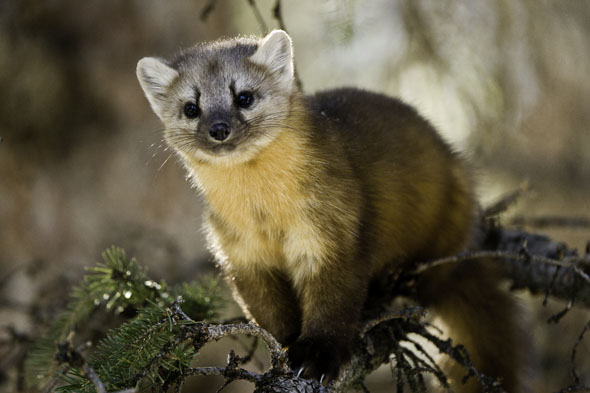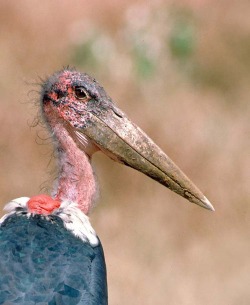

Are Alligators Autotrophs or Heterotrophs?Īlligators are heterotrophs because they eat other living organisms. Most of the energy animals get from their food, gets lost as heat, and only a small portion is saved as biomass. There are very few quaternary consumers in an ecosystem, mostly because a big portion of energy gets lost at each trophic level. Alligators consume all types of animals and may therefore vary from being a secondary consumer to a quarternary consumer. Generally, herbivores are primary consumers, omnivores secondary consumers and predators are tertiary consumers. What Type of Consumer is an Alligator?Īlligators are predators because they hunt other animals for food. Only plants as well as some bacteria and protozoa are producers.

Alligators are carnivores, which means that they eat other animals. Is an Alligator a Producer, Consumer or Decomposer?Īlligators are consumers because they eat other living things. Sometimes, they may get plant matter in their gut because of the prey they hunt or because the prey has eaten plant matter, but this is consumed unintentionally. Although they may accidentally ingest water plants while hunting for fish, alligators are not herbivores! Even pet alligators will never eat plants. They evolved from a long line of terrestrial lizards who, similarly, did not eat any plants. Alligators do not eat plants, fruits or vegetables. Are Alligators Carnivores, Herbivores or Omnivores?Īlligators are carnivores because they primarily eat animals. Therefore, no alligator species are decomposers because decomposers are mainly bacteria and fungi.Ī crucial difference between scavengers and decomposers is that scavengers simply break their food down into smaller pieces they do not break them down into basic chemical nutrients, like decomposers do. However, bacteria in the gut of alligators may be considered decomposers. Are Alligators Decomposers or just Scavengers?Īlligators may be considered scavengers because they eat dead animals or carrion. Alligators use their tail to propel themselves through the water as they chase and catch prey. When an alligator senses a prey animal’s presence, the alligator will strike quickly. long! So that is a big mouthful you might say…Īlligators remain submerged underwater for up to 20 minutes at a time, waiting for a prey animal to come near them. The largest alligator on record, found in Louisiana, weighed 1,043 lb. Alligators are very fond of everything that is meat – dead or alive!Īlligators are opportunistic feeders that vary their prey selection based upon seasonal availability, abundance, size, nutritional content and predictability.Īlligators, like many other animals, will gorge themselves when food supplies are plentiful and they will easily eat more than 30% of their body weight in a single feeding!Īlligators eat animals larger than the alligator itself. They eat mostly aquatic vertebrates during the warmer months and switch to predominantly terrestrial prey during the cooler winter months. In the US, there are larger populations in an area stretching from North Carolina to Texas.Īlligators eat almost anything that they can catch or scavenge, including mammals, fish, insects, crustaceans, snails, birds, turtles, snakes and frogs. Where do alligators live and what do they eat?Īdult alligators live in freshwater habitats such as swamps, marshes, rivers and lakes and warmer regions of the world. They also prevent the build-up of dead animals that would otherwise be eaten by microorganisms, leading to the algae blooms in the waters around them.

They help to keep the population of their prey in check and help to maintain the wetland habitats that they live in. Once they have found their prey, they will lurk beneath the surface of the water until they are close enough to attack.Īlligators are important for the ecosystem because they are keystone predators and scavenger species. When hunting, alligators use their powerful sense of smell to locate prey. While alligators primarily hunt during the day, they are also known to be active at night. Alligators will even eat carrion if they find it. Their diet consists mostly of fish, but they also eat amphibians, reptiles, birds, and mammals. In the wild, alligators play an important role in the ecosystem as both predators and scavengers.Īlligators are opportunistic feeders and will eat anything they can catch. Alligators are large carnivorous reptiles that live in freshwater environments, such as rivers and swamps.


 0 kommentar(er)
0 kommentar(er)
